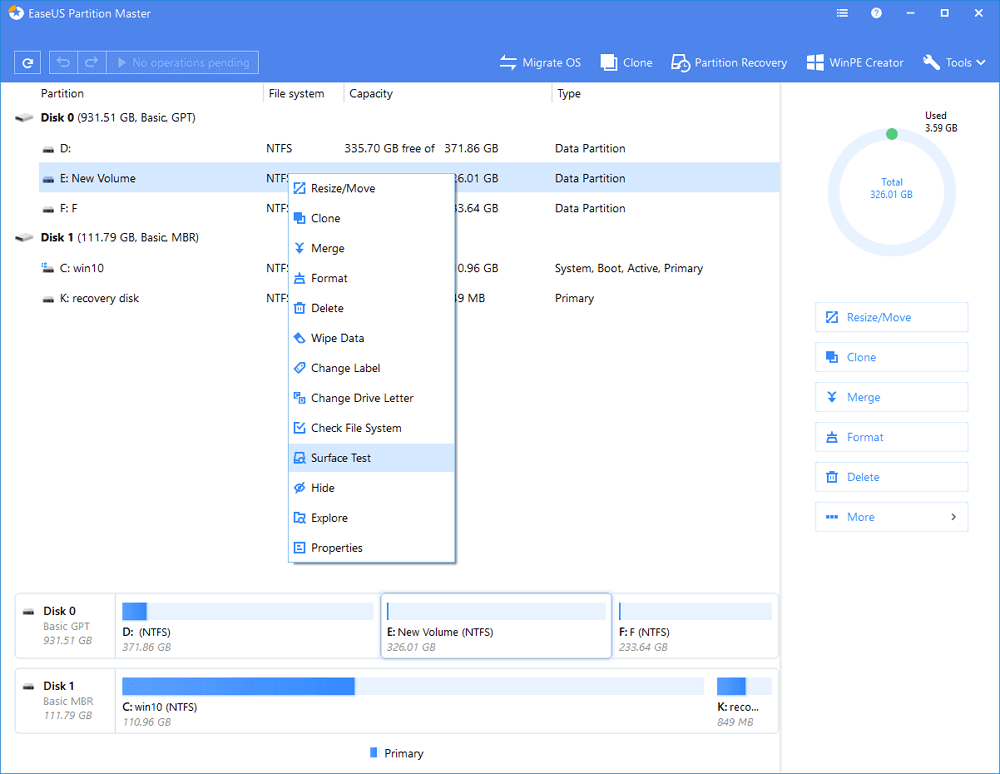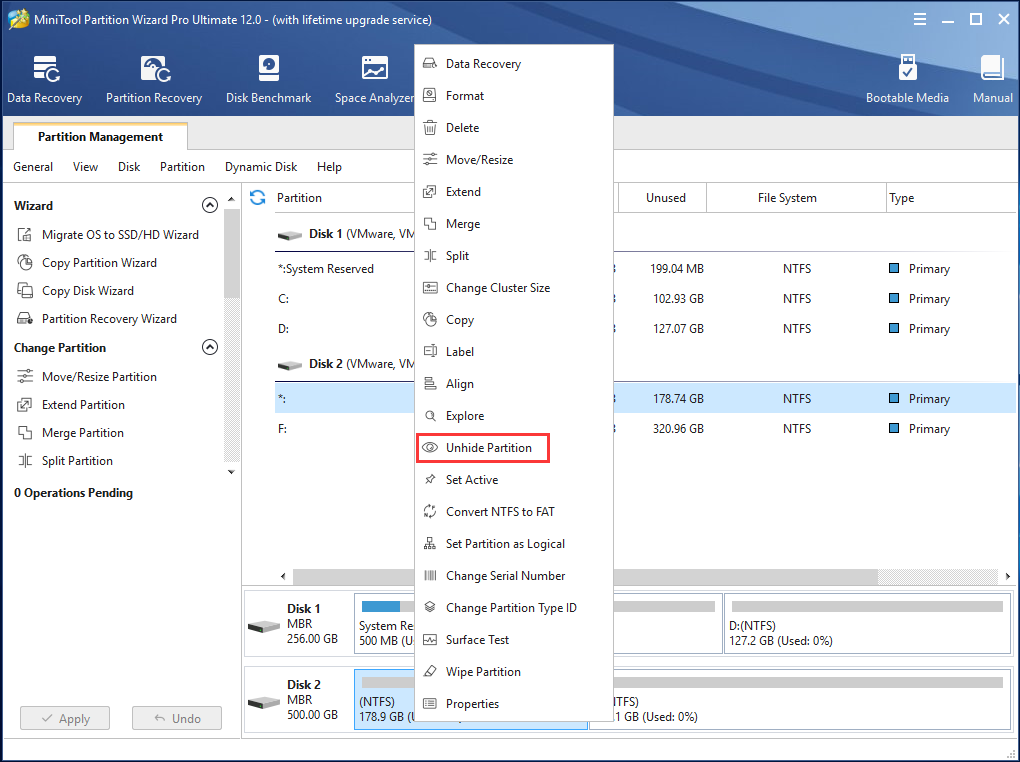

If you are like most people with a reasonably stable computer these days and you reboot only when necessary - my own last reboot was about two weeks ago - then your drive has been defragged a bare handful of times more than it otherwise would have been.

If you reboot your machine every single day, your SSD has been defragged a few dozen more times than necessary. Several publications have implied that these extra defrags constitute “slowly killing” the drive, but by this interpretation, so is every single write operation. This doesn’t mean the drive isn’t being exercised unnecessarily, but the amount of NAND flash that’s likely to be getting exercised in any given defrag session is going to be small.

Here’s why: While it’s true that defragging an SSD every time you reboot isn’t great for it, SSDs are just like hard drives in one regard: The more often you defrag them, the less work each individual defrag session has to do. This has been treated as potentially causing damage to a solid state drive, and I’m not going to claim it couldn’t, but the chance of this causing meaningful problems is unlikely. Reboot your machine, and the OS forgets how long it’s been and will promptly launch defrag attempts again. The good news is that a fix is on the way and that the problem shouldn’t have caused too many problems between now and when the update dropped, unless you reboot your PC (and pollute your SSD) much, much more than your typical Windows user.įirst, here’s the description of the bug itself: Windshipped with a problem in which the system stopped recording the time since the SSD had last been defragged. When Microsoft introduced Windearlier this year, it shipped an errata that may have shortened your SSD’s longevity depending on how often you reboot your machine.


 0 kommentar(er)
0 kommentar(er)
